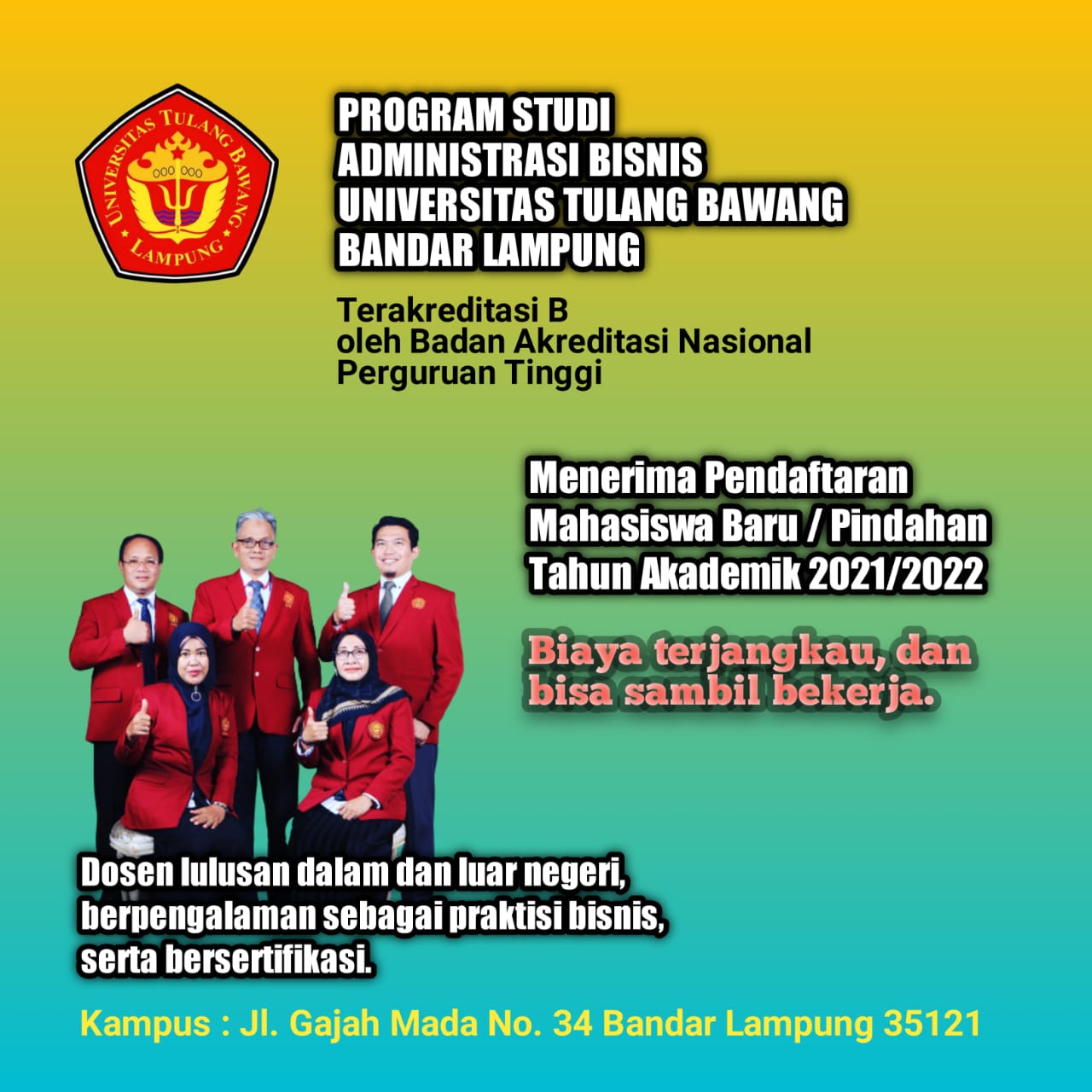Pengembangan Model Bisnis Layanan Lumpur Tinja dengan Pendekatan Institusional
(Studi Kasus: Perumda Paljaya DKI Jakarta)
DOI:
https://doi.org/10.37090/bpj.v4i1.1424Abstract
Indonesia has a decent sanitation service percentage of 74.58%, including safe sanitation of 7.42%. This figure is accompanied by a high percentage of open defecation behavior, which is around 9.36%, equivalent to 25 million people, making Indonesia ranked 3rd in the world for the largest number of open defecation. Households that have access to sanitation are those that have a connection to a Waste Water Treatment System (SPAL) that is desludged and disposed of at a Fecal Sludge Treatment Plant (STP). However, of the 272 sewage treatment plants built in 2018, only 8 were operating optimally. The local government forms a regional device or institution as a service provider (operator) in the form of UPTD, BLUD, and BUMD. BUMD institutions are more sustainable than other institutions. This study aims to identify performance indicators at the DKI Jakarta BUMD Perumda Paljaya institution, identify regional potential at the DKI Jakarta BUMD Perumda Paljaya institution, and analyze the development of the DKI Jakarta BUMD Perumda Paljaya institution business model. The data collection method is using the interview method. Data analysis using the ATLAS.TI application. The results are useful for business development of DKI Jakarta BUMD Perumda Paljaya institutions.
Keywords: institutions, Perumda Paljaya DKI Jakarta, regional potential, performance indicators, ATLAS.Ti, business model development
Downloads
References
Adi, E., & Afriansyah, ;a. (2016). Penggunaan software ATLAS.ti sebagai alat bantu proses analisis data kualitati,STKIP Garut. Jurnal Mosharafa, 5(2), 4280.
BAPPENAS, & IUWASH PLUS. (2019). KERANGKA NASIONAL PENGEMBANGAN PENGELOLAAN LUMPUR TINJA.
Bappenas. (2020). Pedoman Pengukuran Capaian Pembangunan Perumahan & Permukiman Berbasis Hasil (Outcome). Kementerian PPN/ Bappenas, 1(1), 1–83. https://nawasis.org/portal/digilib/read/pedoman-pengukuran-capaian-pembangunan-perumahan-dan-permukiman-berbasis-hasil-outcome-/51685
Bobby Christian Sandy, Danny Manongga, A. I. (2016). Analisis Topik-Topik Yang Mempengaruhi Terjadinya Sentimen Terkait Kenaikan Harga Bahan Bakar Minyak (Bbm) Pada Media Online. Prosiding Semmau, 1(1), 215–224.
Daniel, D., Djohan, D., Machairas, I., Pande, S., Arifin, A., Al Djono, T. P., & Rietveld, L. (2021). Financial, institutional, environmental, technical, and social (FIETS) aspects of water, sanitation, and hygiene conditions in indigenous - rural Indonesia. BMC Public Health, 21(1), 1723. https://doi.org/10.1186/s12889-021-11800-x
Hadju, V. A., Gorontalo, U. N., Aulia, U., & Gorontalo, U. N. (2022). DESAIN PENELITIAN MIXED METHOD Editor: Nanda Saputra (Issue November).
IUWASH Plus, & Abfertiawan, M. S. (2019). Studi Kondisi Eksisting Sistem Pengelolaan Air Limbah Domestik Setempat di Kota Denpasar. Jurnal Ilmu Lingkungan, 17(3), 168. https://doi.org/10.14710/jil.17.3.443-451
Kementrian pekerjaan umum dan perumahan rakyat. (2018). Petunjuk teknis pedoman penilaian kinerja BUMD.
Soleh, M. (2023). ANALISIS PELUANG INVESTASI PDAM TIRTA KALWEDO KABUPATEN MALUKU BARAT DAYA.
World Bank Country and Lending Groups. (n.d.). The World Bank. Retrieved January 9, 2024, from https://datahelpdesk.worldbank.org/knowledgebase/articles/906519-world%02bank-country-and-lending-groups
Downloads
Published
Issue
Section
License
Copyright (c) 2024 Ahmad Ramadhan Haedaryanto, Ahmad Soleh Setiyawan

This work is licensed under a Creative Commons Attribution 4.0 International License.






